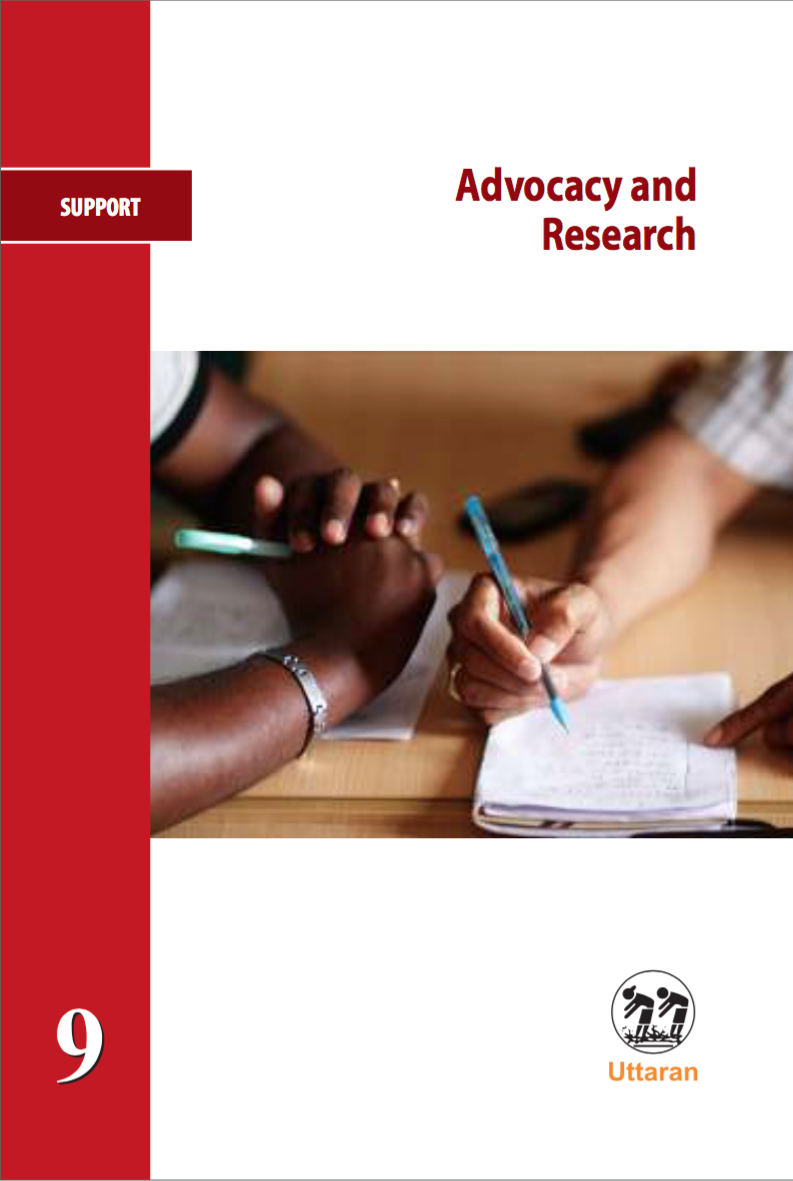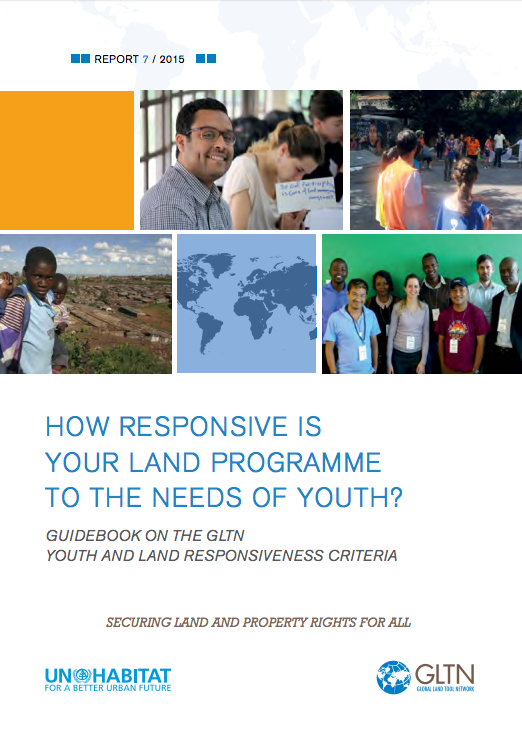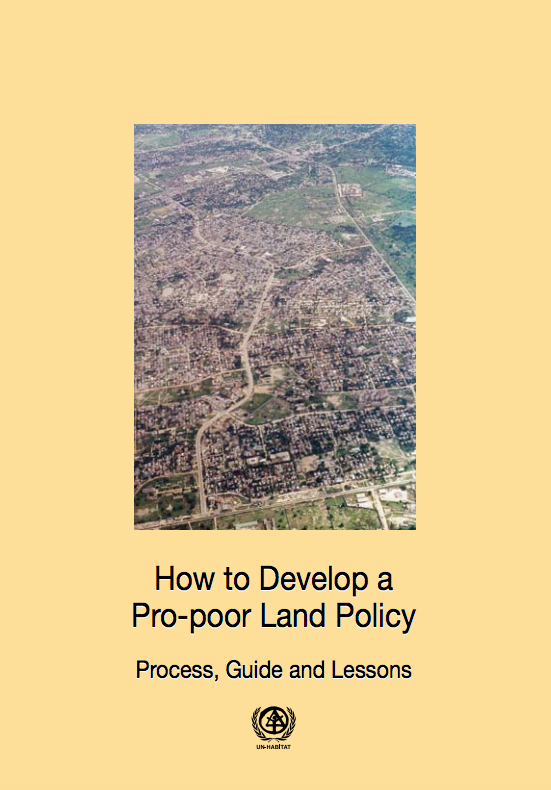Uttaran Land Governance Booklet: Advocacy and Research
In the ninth of the Land Governance Booklet Series created by the NGO Uttaran, the position and the work around research and advocacy on land rights is described.
The content of the booklet is as follows:







